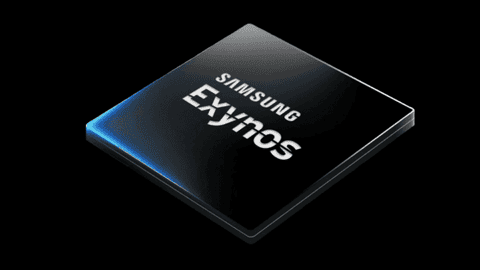According to recent reports from MyDrivers and Fast Technology, the upcoming Samsung Galaxy S25 series will exclusively feature Qualcomm processors. This decision stems from production issues with Samsung’s own Exynos 2500 processors, which suffer from poor yield and high power consumption in the 3nm process. This significant shift marks a departure from the Galaxy S24 series, where Qualcomm supplied only 40% of the processors.
Shift to Qualcomm Processors
Qualcomm’s Growing Role
Tianfeng International Securities analyst Ming-Chi Kuo highlighted that Qualcomm is set to become the sole processor supplier for the Galaxy S25 series. This marks a substantial change from the previous generation Galaxy S24, where Exynos processors played a more significant role. The reliance on Qualcomm underscores the critical production challenges faced by Samsung with its Exynos 2500 processors.
Price Increase for Snapdragon 8 Gen4
Ming-Chi Kuo also predicted that the price of Snapdragon 8 Gen4 processors, based on Qualcomm’s self-developed Oryon CPU core, will increase by 25-30%. This price hike will likely be beneficial for Qualcomm as Samsung increases its processor order share for the Galaxy S25 series. The decision to switch entirely to Qualcomm processors reflects both the technological advancements of the Snapdragon 8 Gen4 and the critical issues plaguing Samsung’s Exynos 2500 production.
Exynos 2500: Hopes and Challenges
Initial Promise
The Exynos 2500 processor was initially positioned as a crucial component in reducing Samsung’s dependence on Qualcomm. Preliminary CPU and GPU test results for the Exynos 2500 showed promising performance, reportedly surpassing that of the Qualcomm Snapdragon 8 Gen 3. This raised expectations that Samsung could leverage its in-house processors to enhance its competitive edge.
Production Issues
However, the production reality did not match the initial promise. The primary issue with Samsung’s 3nm process is its poor yield rate and suboptimal power consumption performance. Industry experts have noted that Samsung’s 3nm technology lags behind TSMC’s equivalent process, with performance metrics falling 10-20% short. These production challenges have forced Samsung to reconsider its processor strategy for the Galaxy S25 series.
Impact on Samsung and Qualcomm
Strategic Implications for Samsung
The shift to exclusively using Qualcomm processors for the Galaxy S25 series has significant strategic implications for Samsung. It underscores the company’s reliance on external suppliers for critical components, despite efforts to develop competitive in-house alternatives. This reliance could impact Samsung’s long-term strategic goals of vertical integration and differentiation in the highly competitive smartphone market.
Benefits for Qualcomm
For Qualcomm, this shift represents a significant business opportunity. The increase in processor orders from Samsung will likely bolster Qualcomm’s financial performance and market position. The anticipated price increase for the Snapdragon 8 Gen4 further underscores the value that Qualcomm brings to the table. As Samsung leans on Qualcomm for its flagship series, Qualcomm stands to benefit both financially and strategically.
Comparing 3nm Processes: Samsung vs. TSMC
Samsung’s 3nm Challenges
The core issue affecting Samsung’s Exynos 2500 processors lies in the 3nm production process. Despite early hopes, Samsung’s 3nm process has faced significant hurdles, particularly in yield rates and power consumption efficiency. These challenges have undermined the potential advantages that the Exynos 2500 might have offered, compelling Samsung to pivot to Qualcomm.
TSMC’s Superior Performance
In contrast, TSMC’s 3nm process has demonstrated superior performance and reliability. TSMC’s 3nm technology boasts better yield rates and lower power consumption, making it the preferred choice for many high-end semiconductor applications. This performance disparity has played a crucial role in Samsung’s decision to rely on Qualcomm processors, which are manufactured using TSMC’s more advanced 3nm process.
Conclusion
The decision to power the Samsung Galaxy S25 series exclusively with Qualcomm processors marks a significant shift in Samsung’s strategy, driven by production challenges with the Exynos 2500 processors. Despite initial promise, the Exynos 2500 has been hampered by poor yield rates and high power consumption in Samsung’s 3nm process. This shift benefits Qualcomm, both in terms of increased orders and higher processor prices. As Samsung continues to navigate these production challenges, the comparative success of TSMC’s 3nm process highlights the critical importance of manufacturing efficiency and technological advancement in the competitive semiconductor industry.
